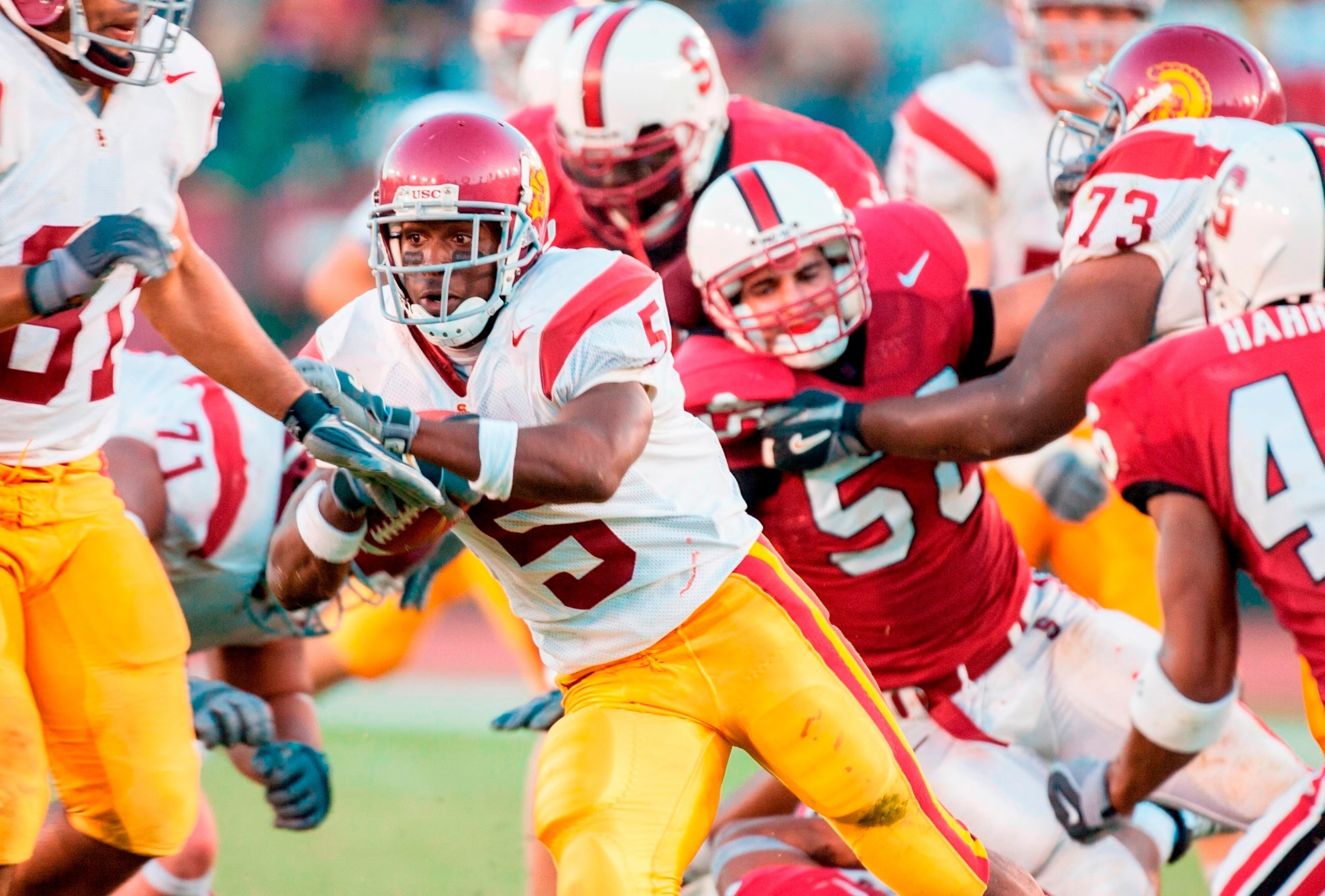Reggie Bush was a phenomenal college football player, winning the Heisman Trophy in 2005. However, the award was later vacated due to NCAA violations. This article explores the reasons behind the decision and Bush’s subsequent fight for reinstatement.
The Heisman Trophy is the most prestigious award in college football, recognizing outstanding performance and sportsmanship. Reggie Bush, a standout running back for the University of Southern California (USC), won the award in 2005. However, allegations soon surfaced that Bush and his family received improper benefits while he was a student-athlete, violating NCAA rules.
The NCAA Investigation and Sanctions
The NCAA launched an investigation into the allegations against Bush and USC. The investigation concluded that Bush and his family had received cash, housing, and other benefits from third parties. These benefits were deemed impermissible under NCAA regulations, which prohibit student-athletes from receiving compensation beyond scholarships and approved expenses. This was seen as a “pay-for-play” arrangement, a serious breach of amateurism rules in college sports.
As a result of the investigation, the NCAA imposed severe sanctions on USC, including a two-year postseason ban, scholarship reductions, and the vacating of 14 wins, including the 2004 national championship. Bush was also forced to forfeit his Heisman Trophy in 2010, becoming the first player in history to do so. USC was required to disassociate from Bush for ten years.
Bush’s Denial and Fight for Reinstatement
Bush maintained his innocence throughout the investigation and subsequent legal battles. He argued that he did not knowingly violate NCAA rules and that the benefits received were not improper. The NCAA’s decision to vacate his Heisman and impose sanctions on USC had significant financial and reputational consequences for Bush.
The Heisman Trust Reinstatement
In 2021, the Supreme Court ruled in favor of college athletes being compensated for their name, image, and likeness (NIL). This landmark decision significantly altered the landscape of college athletics and paved the way for Bush’s Heisman reinstatement. In April 2024, the Heisman Trust, independent of the NCAA, announced the reinstatement of Bush’s 2005 Heisman Trophy. The Trust cited the changing NIL landscape and acknowledged that the benefits Bush received would likely be permissible under current rules.
The Ongoing Legal Battle
Despite the Heisman reinstatement, Bush continues to seek full vindication. He filed a defamation lawsuit against the NCAA in 2023, alleging that the organization falsely accused him of engaging in “pay-for-play” arrangements. He seeks to clear his name and have the vacated wins and sanctions against USC overturned. The NCAA maintains its stance that Bush violated its rules.
Conclusion
The case of Reggie Bush and his Heisman Trophy remains a complex and controversial issue in college sports. While the Heisman Trust has reinstated his award, Bush’s legal battle with the NCAA continues. The ongoing dispute highlights the evolving nature of amateurism rules and the fight for fairness and accountability in college athletics. Bush’s quest for a full reinstatement reflects his desire to clear his name and reclaim his legacy as one of college football’s greatest players.

